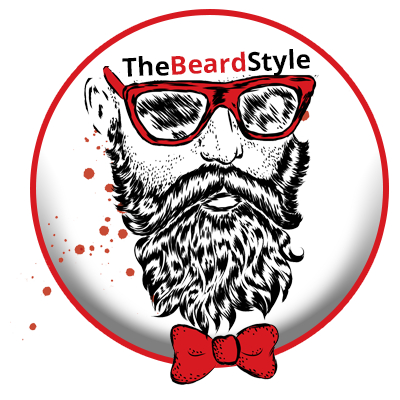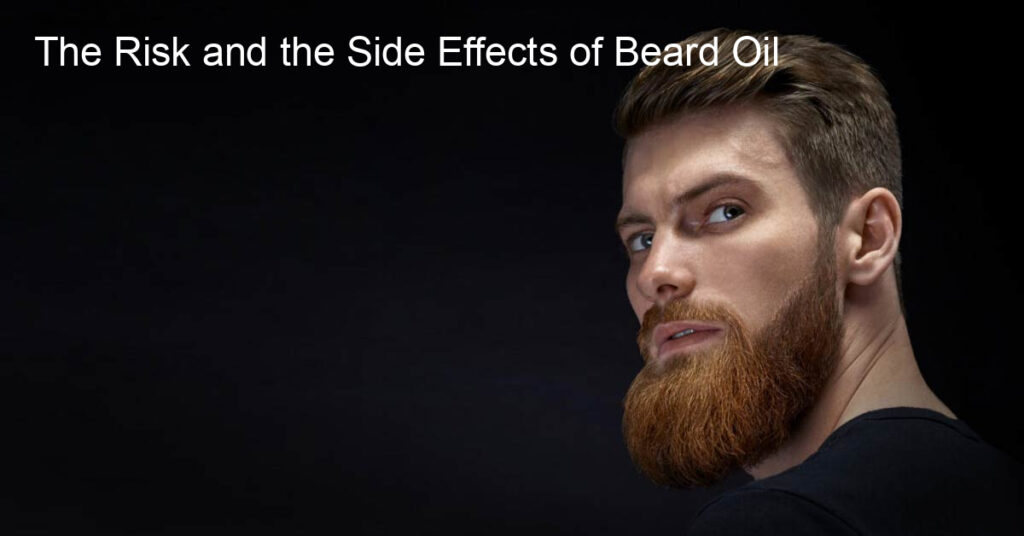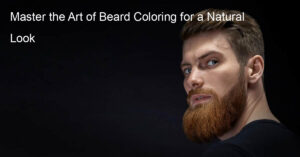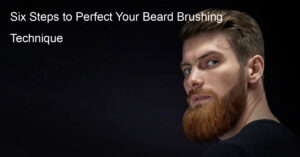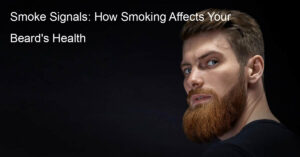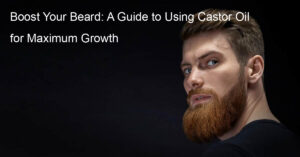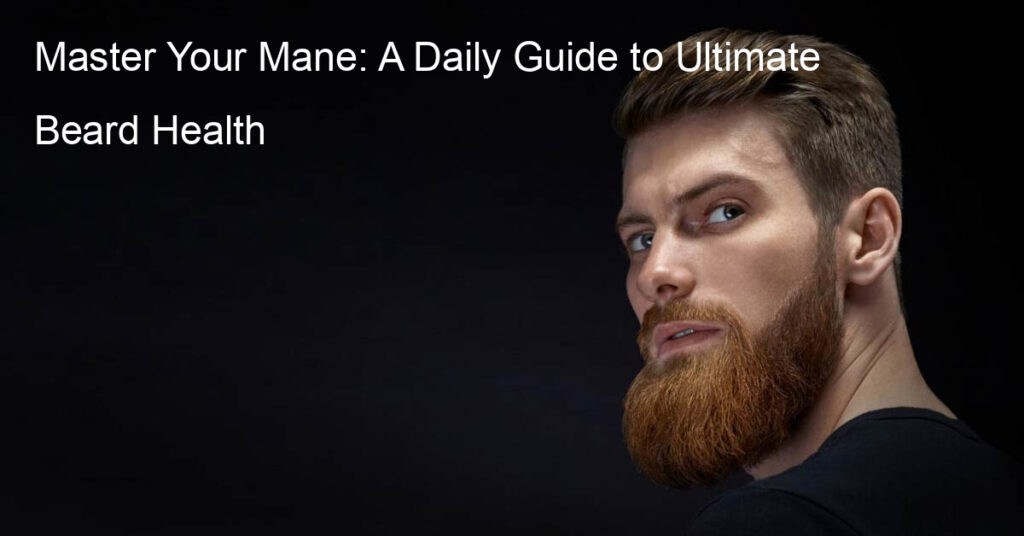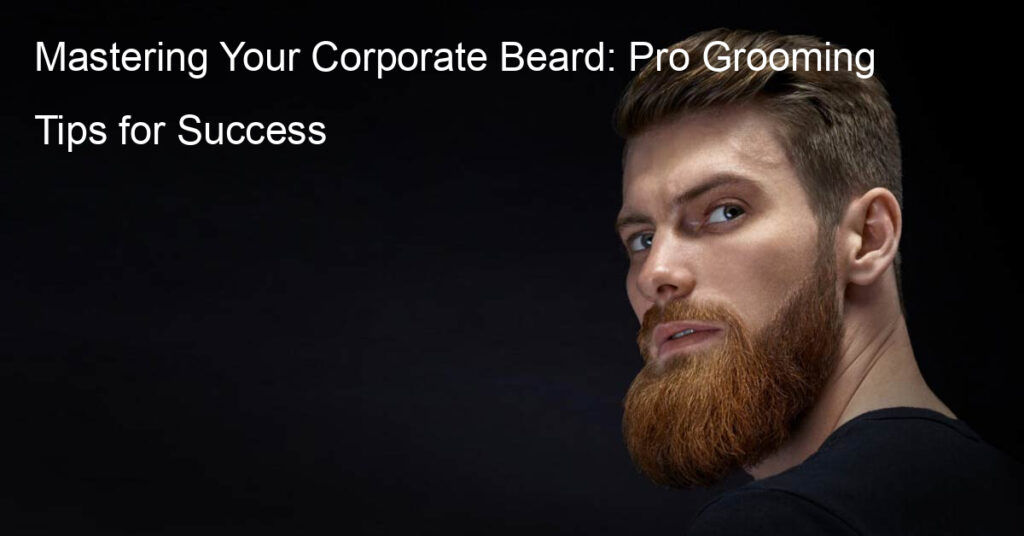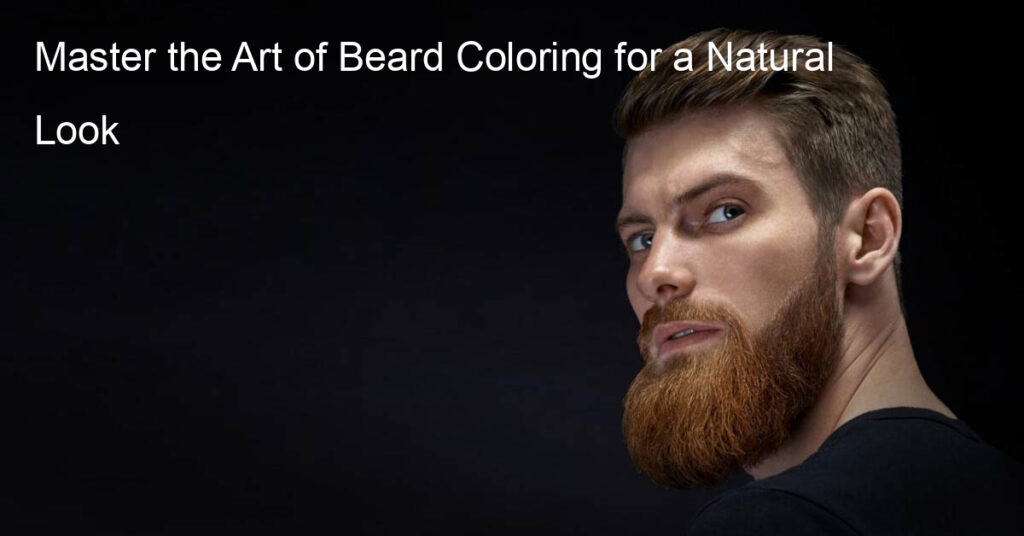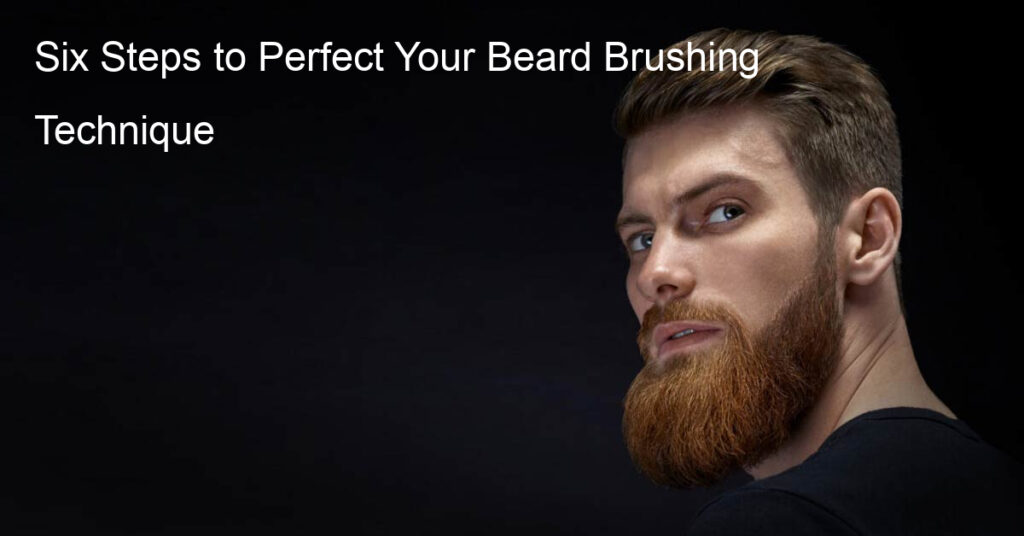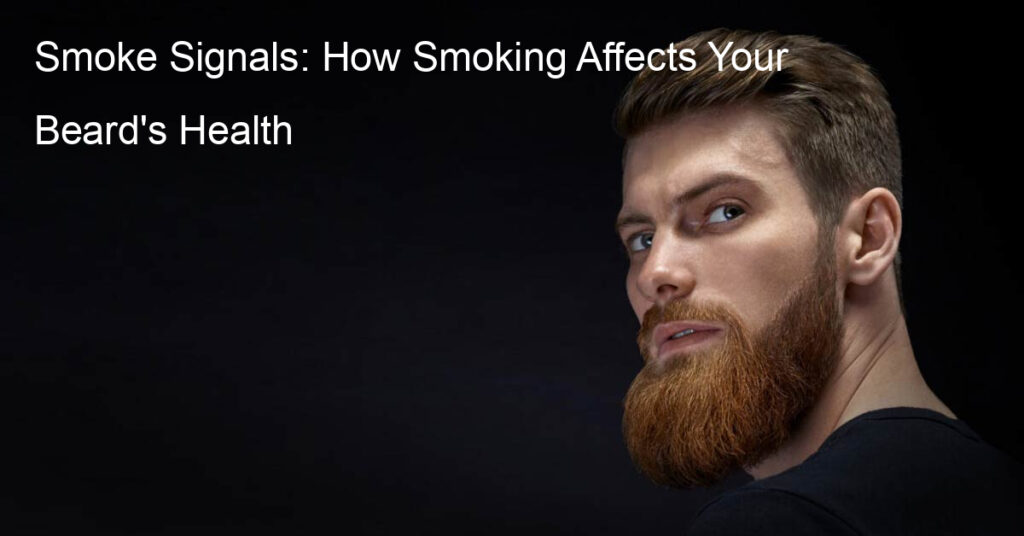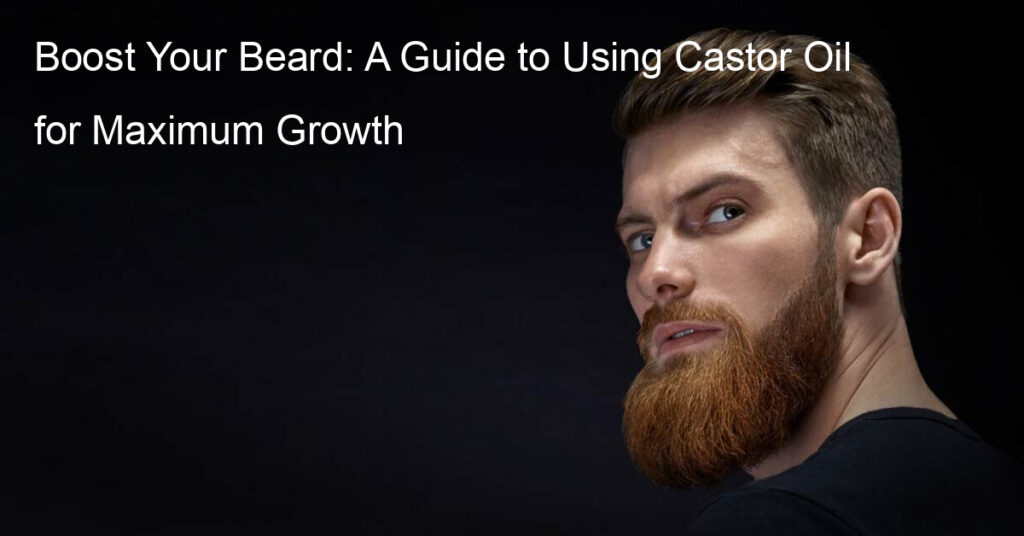Despite hundreds of carrier oils used in beard oil formulations today, there is still a risk of allergic reactions. To be safe it is important to perform an allergy test before using beard oil. If you experience classic allergy symptoms like swollen or itchy face chest tightness or itchy red eyes you may be allergic to beard oil. However, be aware that most allergic reactions to beard oil are caused by volatile essential oils or nut oils.
Is beard oil harmful?
Among the many questions that we often hear when deciding to apply beard oil is ‘Is beard oil harmful?’ The answer to this question depends on the ingredients. There are a few minerals that can cause harm – such as a build-up of mineral oil on the hair follicles. In addition to that they can block the absorption of other ingredients such as moisturizers and hair-conditioning products.
The majority of beard oils are made from natural ingredients but some contain artificial fragrances. These fragrances may cause allergic reactions and skin sensitivities. For these reasons, it’s important to conduct a small patch test before deciding which product to use. In addition, the oil may not suit your skin type. If you have sensitive skin it’s best to start using the product in small doses and increase it gradually as necessary.
(You may also be interested in this article about Beard Oil on Animals)
Risk List of Beard Oil
You probably know that fragrance is the most common ingredient in beard oils. But many brands don’t disclose it. Fragrances are considered a trade secret or a proprietary ingredient. They aren’t required to disclose their ingredients so they can’t be found on the label of your favorite beard oil. Some of these scents are known to cause allergic reactions or sensitivities. Here are the dangers of fragrance.
Many essential oils and plant extracts used in beard oil have potential side effects but some people may experience an allergic reaction. Beard oils are no different. Any product you apply topically can trigger an allergic reaction. This could present itself as itchiness redness swelling or cough. For people with sensitive skin, the irritation can be worse than it was before. So it’s best to conduct a small patch test first before applying any product to your face.
| Risk | Side Effect |
|---|---|
| Allergic reactions | Skin rash, itching, redness, swelling |
| Clogged pores | Acne, blackheads, whiteheads |
| Excessive use | Oily skin, greasy beard, hair loss |
| Low-quality ingredients | Chemical burns, skin irritation, dryness |
What are the sides effect of beard oil?

While beard oils offer a variety of benefits they are also not without their risks. Specifically many beard oils contain fatty acids which are polyunsaturated. These types of fatty acids tend to harden on the skin and cause beardruff and dry flaky skin. Some beard oils contain vitamin E a powerful antioxidant that reduces the buildup of fatty acids.
Despite the fact that many beard oils are made from natural ingredients there is a chance that you could be allergic to some of the products in your stash. In that case, you should conduct a small patch test before using beard oil. Also, many of these products contain nuts or other oils that could be irritants to sensitive skin. If you are unsure of your skin’s sensitivity start using a tiny amount and build up as necessary.
While the composition of beard oils varies from brand to brand most are safe. There are several types of beard oil and each has its own side effects. If you have sensitive skin try a beard oil with jojoba or meadowfoam seed oil. Jojoba and meadowfoam seed oils have the lowest risk of side effects. Always be sure to select an anti-allergenic anti-photosensitive and non-irritating one.
What are the most common ingredients found in beard oil?
Beard oil is a fantastic product used to nourish and condition facial hair. These vary from brand to brand but the most common ingredients are jojoba oil and argan oil.
Jojoba oil has been used for centuries by Indigenous Americans as a skin and hair care remedy. It is lightweight and easily absorbed into the skin. Jojoba also contains Vitamin E which helps to protect the beard from environmental damage.
Argan oil is rich in fatty acids which help to moisturize the facial hair while promoting growth at the same time. It also contains antioxidants that can help reduce inflammation caused by shaving or other irritants.
Essential oils such as sandalwood, cedarwood, and eucalyptus are added for their therapeutic properties that promote relaxation, stimulate blood flow and promote healing of dry skin or irritation on the face caused by beard grooming products such as combs or brushes.
Are there any natural alternatives to commercial beard oil?
Yes, there are natural alternatives to commercial beard oil. Homemade recipes are becoming increasingly popular and offer a more budget-friendly option without sacrificing quality.
Natural ingredients such as olive oil, coconut oil, and shea butter can be used to condition the beard and leave it feeling soft and smooth. Olive oil is an excellent moisturizer and is known for its anti-inflammatory properties which help reduce irritation caused by razor burn or product buildup.
Coconut oil also helps condition the hair while protecting it from damage caused by heat styling tools. Shea butter is rich in fatty acids which nourish the skin underneath the facial hair and can help reduce itching or flaking associated with dryness.
Additionally, beeswax can help tame unruly hairs while creating a protective barrier on the skin of the face, reducing irritation from daily grooming rituals like shaving and trimming.
All of these natural ingredients are readily available at grocery stores or health food stores and can be combined to create your own custom blend of homemade beard oil.
Is beard oil suitable for all skin types?
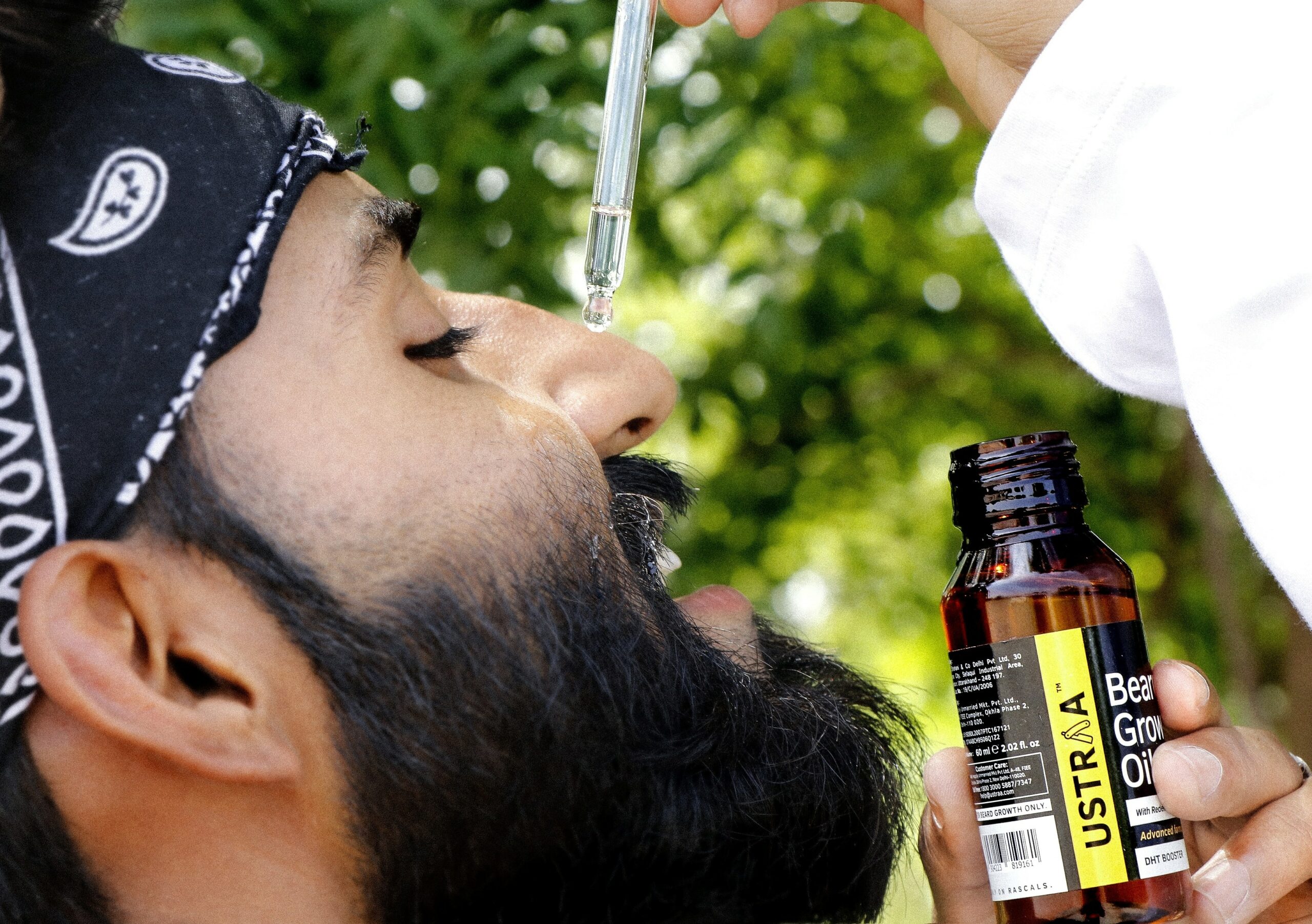
Beard oil is a popular product that has been used for centuries to nourish and condition facial hair. It is composed of natural ingredients such as jojoba, argan, almond, and grape seed oils, as well as essential oils like sandalwood, cedarwood, and eucalyptus.
But does it work for all skin types? The answer is yes! Beard oil can be beneficial for all skin types because it helps moisturize facial hair while also providing protection from environmental damage.
Jojoba oil contains Vitamin E which helps protect the beard from sun damage while also helping to reduce inflammation caused by shaving or other irritants. Argan oil is rich in fatty acids which help to hydrate the facial hair while promoting growth at the same time.
Additionally, essential oils such as sandalwood, cedarwood, and eucalyptus are added due to their therapeutic properties that promote relaxation and stimulate blood flow in order to heal any dryness or irritation on the face caused by grooming products like combs or brushes.
Are there any age restrictions for using beard oil?
Using beard oil is suitable for people of all ages, as long as it is used correctly. While there are no age restrictions when it comes to using beard oil, it is important to note that since it is an oil-based product, care should be taken when using it on younger skin.
Some of the essential oils found in beard oil may be too strong and irritate sensitive skin. Therefore, it is recommended to dilute the oil with a carrier such as jojoba or almond oil before applying.
When applying beard oil, make sure to use only a few drops on any given day and massage into the facial hair gently with circular motions so that the oils can penetrate deep down into the follicles.
Be mindful not to apply too much as this can lead to greasy-looking facial hair and cause clogged pores which could result in breakouts or acne. It’s best not to apply more than once per day; any excess oils can be wiped away with a cloth so that you don’t feel weighed down by product residue.
How can you tell if your beard oil has gone bad?
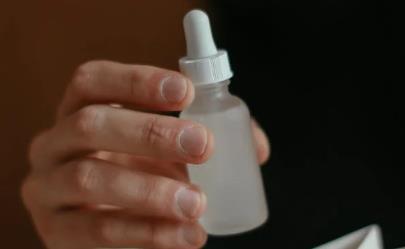
Beard oil can be a great way to maintain healthy facial hair, but like any product, it does have a shelf life. Knowing how to tell when your beard oil has gone bad is an important part of keeping your facial hair looking and feeling its best.
The most common sign that your beard oil has gone bad is if the scent or texture changes drastically from when you first purchased it. If the smell becomes sour or pungent, this could be an indication that the oils used in the formula have oxidized or gone rancid.
Additionally, if the consistency of the beard oil seems thicker than usual or there are visible chunks in it, then these are also signs that something may not be right with your product. In some cases, even though everything looks and smells normal on the surface, bacteria can still form inside which would make using it unsafe for skin contact.
Another way to determine whether or not your beard oil has expired is by checking its expiration date printed on either its label or packaging (if available). Most products will last up to one year after opening; however, this varies depending on what type of ingredients were used in making them as well as how they were stored.
The Bottom Line
Beard oil is an excellent product for nourishing and conditioning facial hair. It contains natural ingredients such as jojoba, argan, almond, and grape seed oils which help to moisturize the beard while promoting growth at the same time.
Additionally, essential oils like sandalwood, cedarwood, and eucalyptus are added for their therapeutic properties that can help reduce inflammation caused by shaving or other irritants.
Although there are no age restrictions when using this product correctly with proper application technique, it’s important to be aware of any potential risks associated with its use including irritation from strong essential oils on sensitive skin or bacterial formation if not stored properly.
With regular maintenance checks, however, you should have no problem getting maximum benefits out of your beard oil!
